The conservation of water
MEET STEUBEN COUNTY’S LOCAL RESOURCES WORKING TOGETHER TO MAINTAIN OUR WATER QUALITY Visit Steuben County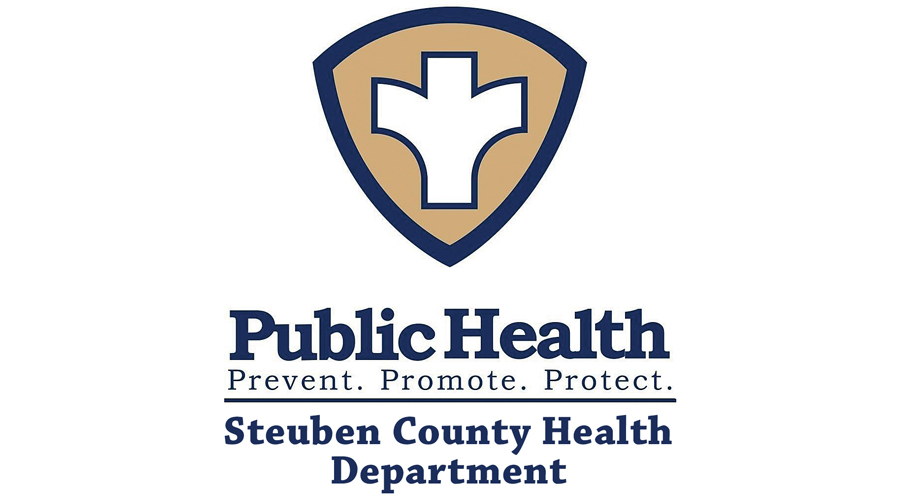
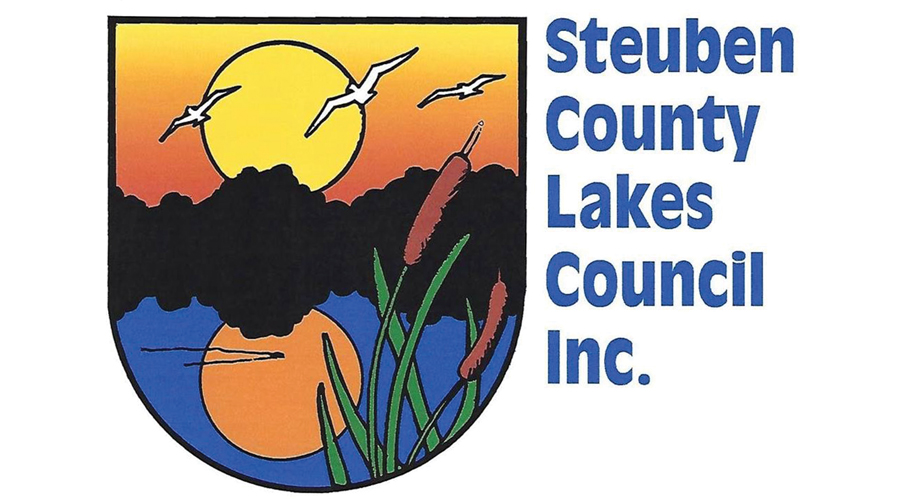
As an environmental organization, the Council’s main goal is to educate the public about water quality issues.
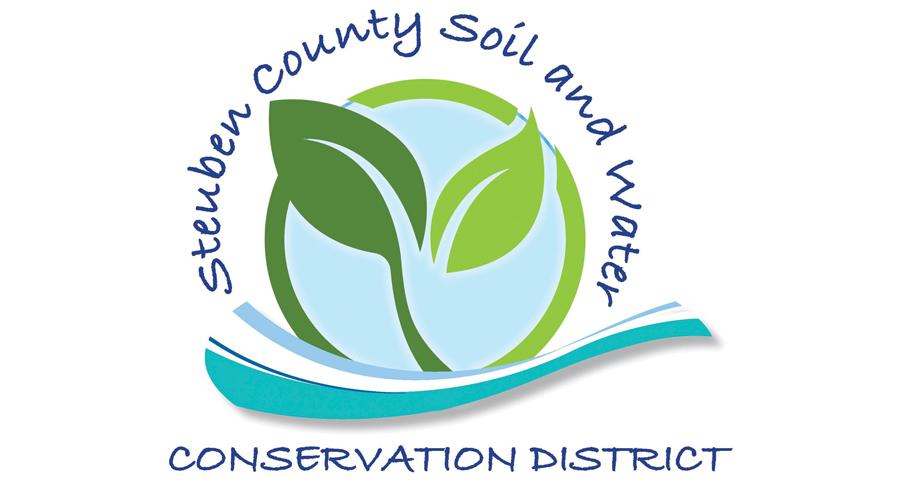
The Steuben County SWCD provides technical expertise, education, and financial assistance, when available, for the implementation of agricultural and urban best management practices (BMP’s) which preserve soil health and water quality, as well as the quality of life in Steuben County.
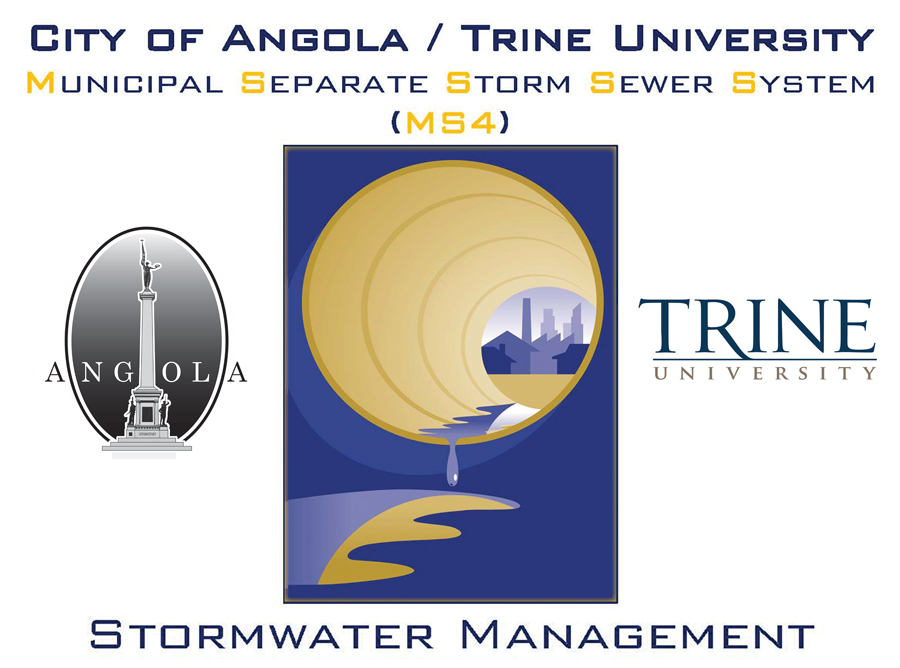
The City of Angola/Trine University MS4 works to implement best management practices within its boundary to reduce pollution in stormwater runoff and to educate all sectors on how to reduce stormwater pollution in their everyday activities.
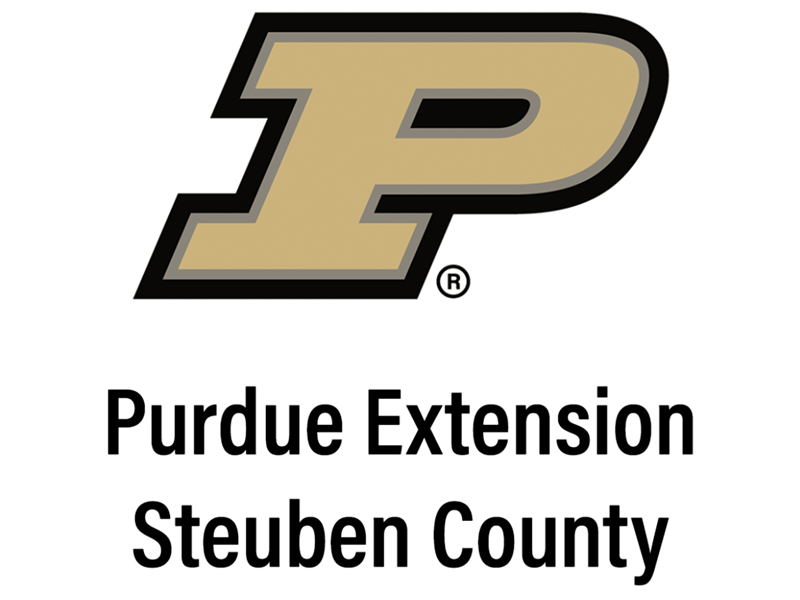
The Cooperative Extension Service is one of the nation’s largest providers of scientific research-based information and education. It’s a network of colleges, universities, and the U.S. Department of Agriculture, serving communities and counties across America.
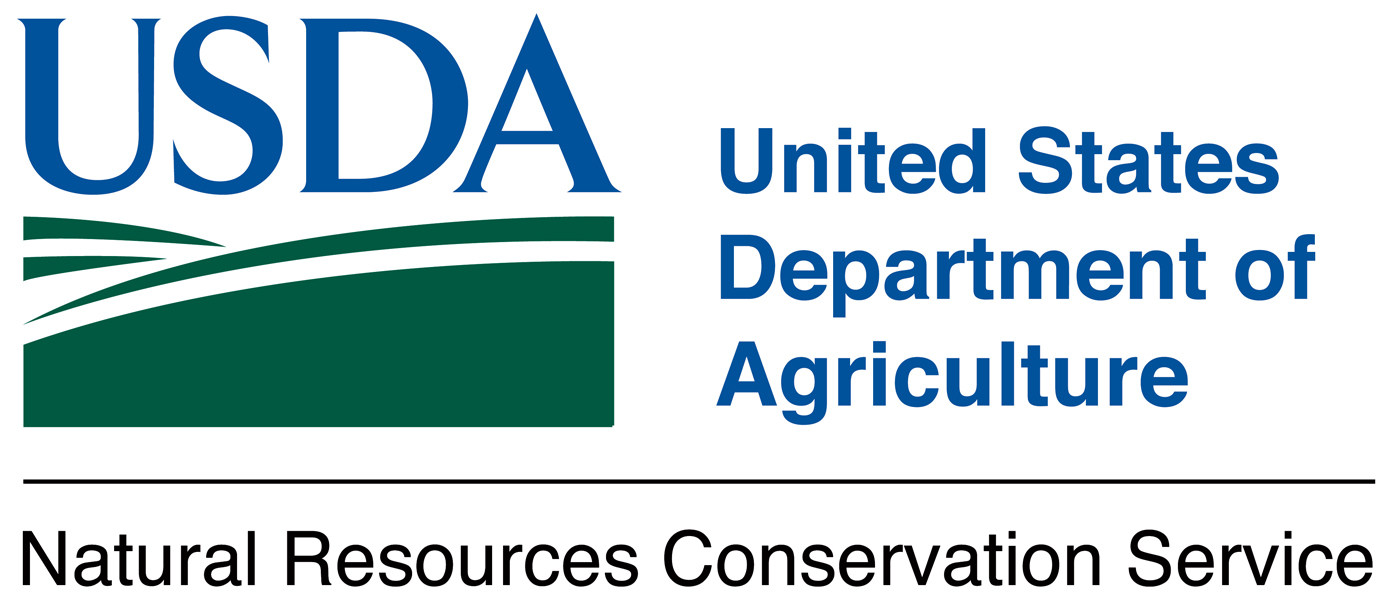
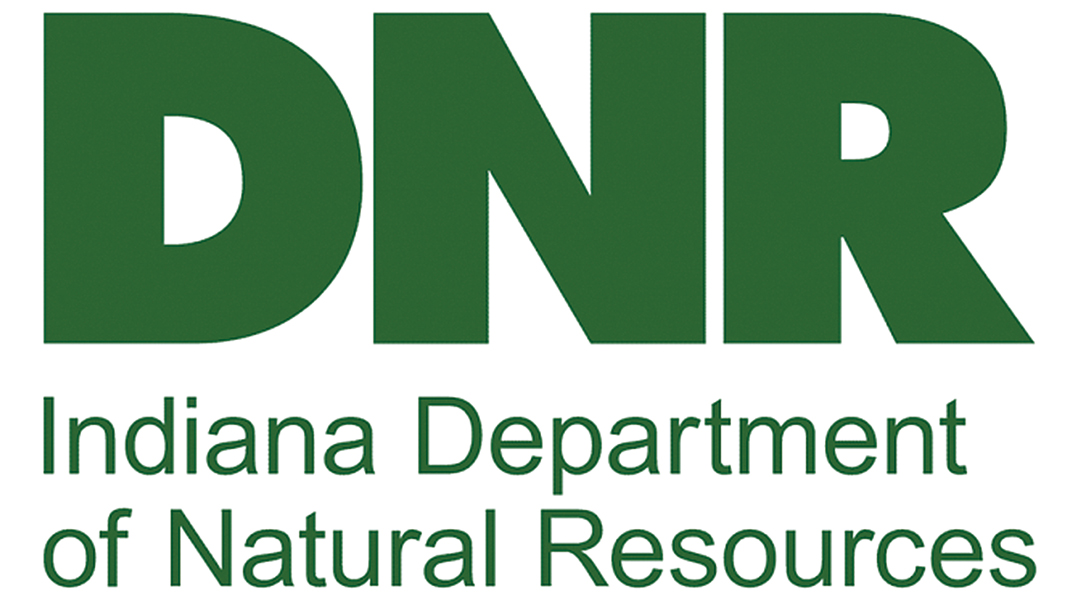
The mission of the Indiana Department of Natural Resources is to protect, enhance, preserve, and wisely use natural, cultural, and recreational
resources for the benefit of Indiana’s citiziens through professional leadership, management, and education.
To satisfy such a broad and diverse responsibility, the Department is divided into tow distinct areas of responsibility: The Regulatory Management Team; and the Land Management Team. The Regulatory Management Team consist of the Division of Water, Entomology and Plant Pathology; Historic Preservation and Archaelogy; Reclamation; and Oil and Gas. Outdoor recreation and land management programs are housed with the Land Management Team. That unit consist of State Parks; Natural Preserves Land Acquistion; Fish and Wildlife; Outdoor Recreation and Forestry.
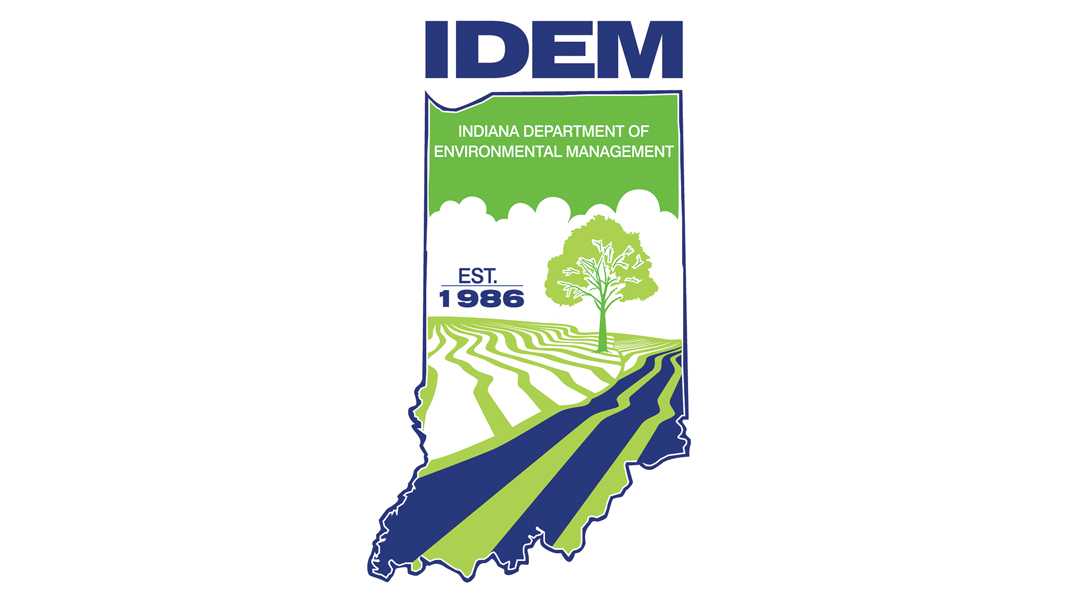
The Indiana Department of Environmental Management’s ( IDEM ) mission is to implement federal and state regulations to protect human health and the environment while allowing the environmentally sound operations of industrial, agricultural, commercial, and governmental activities vital to a prosperous economy.
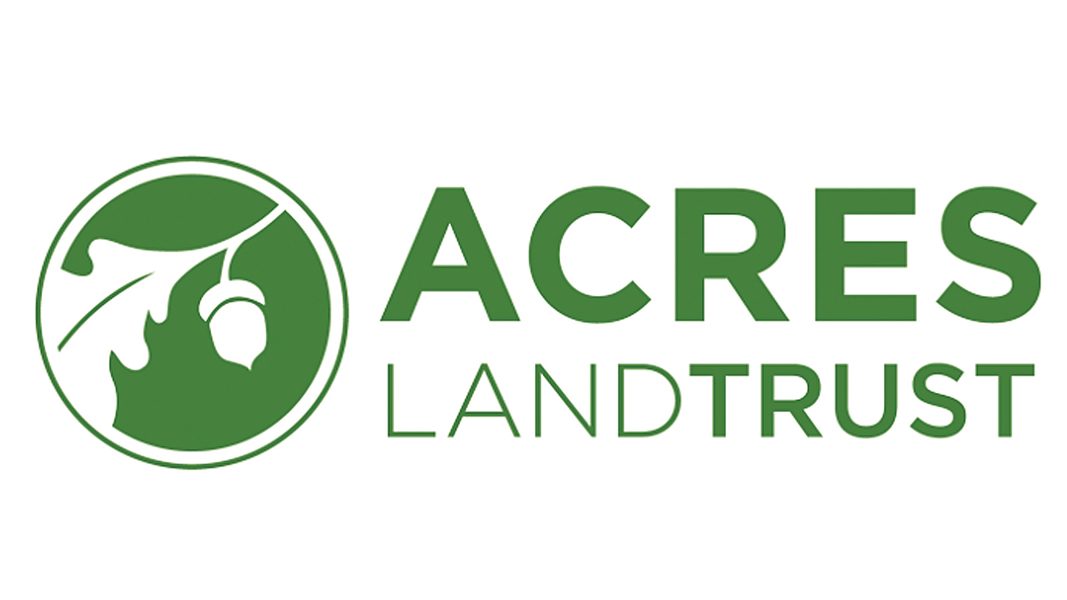
ACRES Land Trust is a member-supported nonprofit organization dedicated to protecting land in northeast Indiana and portions of southern
Michigan and northwest Ohio.
Together with their members, ACRES takes actions to acquire, preserve and restore land, protecting the region’s natural areas and working lands.
ACRES preserves forests, wetlands, native grasslands, unique geologic formations and habitat for plans and animal including rare, threatened and endangered
species. ACRES also protects farmland, managed forests and property for other uses.
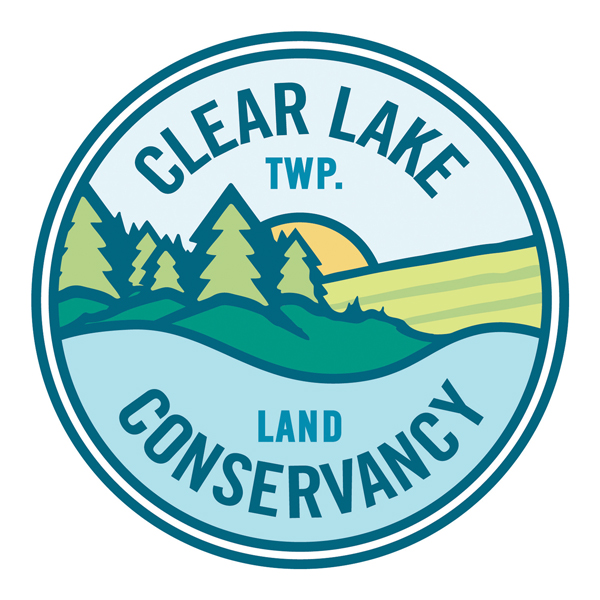
The CLTLC protects and preserves important properties within the Clear Lake watershed. Each year the CLTLC conducts water quality monitoring to guide water quality enhancement efforts and approaches. The CLTLC organizes and hosts a variety of workshops, events and outings that encourage youth and the community to think about nature and the environment and ways they can positively impact it.

Beginning in the late 1990’s, Lake George residents became increasingly concerned that the surrounding environs were being threatened by a variety of factors. Currently 109 acres are now managed by the LGC including an “Oak Savanna” priority ecosystem for habitat restoration and management.